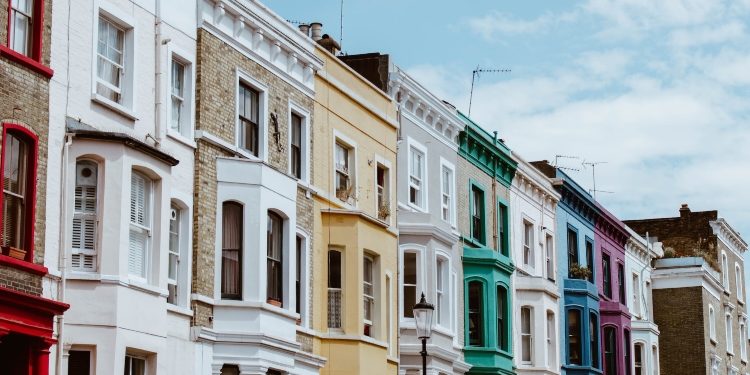The property market has been, somewhat rightfully, regarded as a ‘safe bet’ by investors and entrepreneurs for a long time. As an investment, property represents stable and inflation-beating growth overall, with the last two decades having been particularly lucrative for those able to leverage low interest rates in favour of a mortgage.
Of course, property is more than an investment. For the vast majority of people, properties are homes, hard-won through hard work, savings and complex financial instruments. As such, the news of imminent falls in property value is not just bad news for investors and rental businesses; it is also bad news for those that call their home their most valuable asset. But why are property values due to fall – and by how much might they fall?
Falling House Prices
House prices are projected by numerous economic experts and banking institutions to fall, following a difficult year for consumers and for the wider market. Failed government policy had an accelerant impact on rising rates of inflation, causing the Bank of England to intervene with more hikes to interest rates.
This has led to a marked increase in mortgage rates for existing and respective homeowners, with direct impacts on affordability – especially alongside existing cost-of-living pressures. Consequently, immediate demand has fallen, precipitating a fall in value. Halifax forecasts this fall in value to reach 8% in 2023, though other commentators predict a more austere 5% fall in value.
Mitigating Value Drops as a Homeowner
Naturally, this drop in value will be concerning – particularly for homeowner about to sell, or even the new homeowner that effectively bought their home at a ‘peak’ in property values. So, what can be done to reduce the impact of imminent devaluation?
Renovation and redecoration are the most effective routes to bolstering property value. Adding square footage to a home’s footprint, either through extension or loft conversion, can add tens of thousands to a property’s market value. So too can installing privacy measures such as garden fencing or mechanised driveway gate systems.
Redecoration is less impactful in terms of property value, but less expensive to arrange; it can also have more indirect effects with regard to first impressions and increased interest from potential buyers.
After the Fall
But the forecast fall in property values does not necessarily describe a bleak future for the housing market. Indeed, the fall is only predicted as something of a short-term aberration, from which the markets could rebound. However, the rate at which value will return to properties is the subject of some debate.Some economists predict that the market will rebound by the end of 2023, but the government Office for Budget Responsibility has indicated that a further fall could happen in 2024 – and that only after then will the market start to shape up to long-term growth once again. Of course, the shape of the economy in two years is by no means easy to predict but holding property in the medium term nonetheless seems the best route to weathering this market aberration.
David Prior
David Prior is the editor of Today News, responsible for the overall editorial strategy. He is an NCTJ-qualified journalist with over 20 years’ experience, and is also editor of the award-winning hyperlocal news title Altrincham Today. His LinkedIn profile is here.

![7 Best POS Software in the UK [2026 Edition]](https://todaynews.co.uk/wp-content/uploads/2026/02/7-Best-POS-Software-in-the-UK-2026-Edition-360x180.png)




































































![7 Best POS Software in the UK [2026 Edition]](https://todaynews.co.uk/wp-content/uploads/2026/02/7-Best-POS-Software-in-the-UK-2026-Edition-120x86.png)






